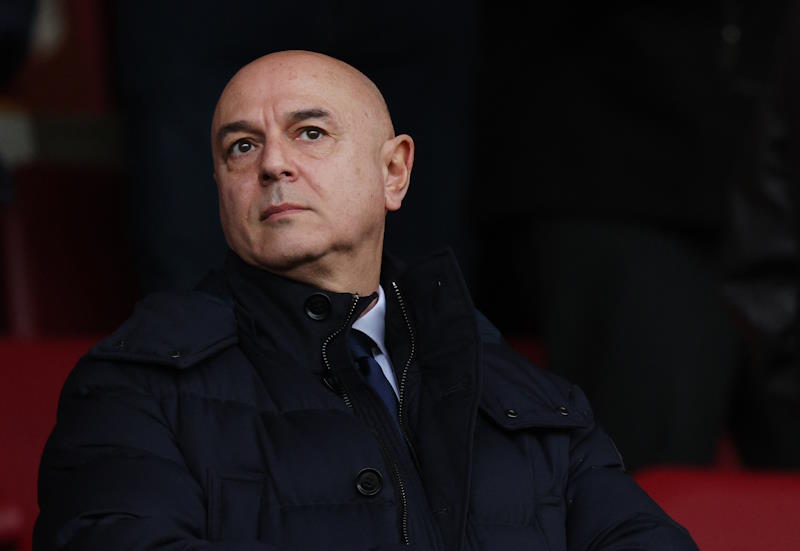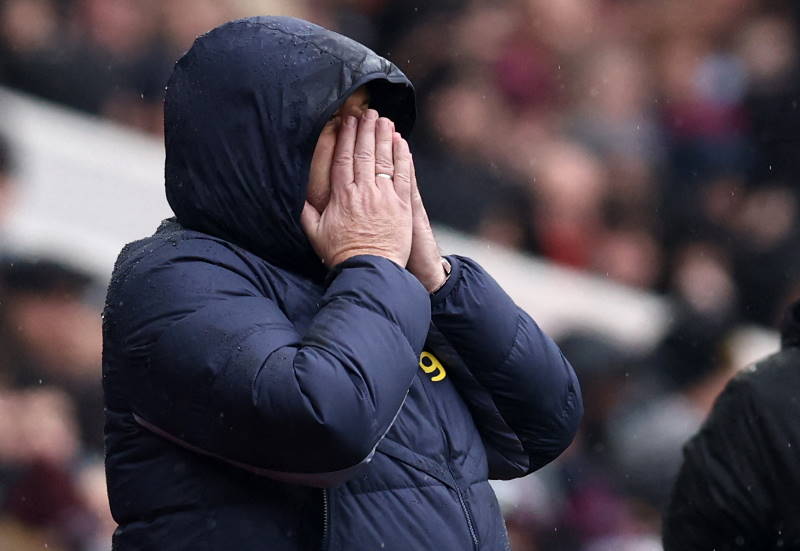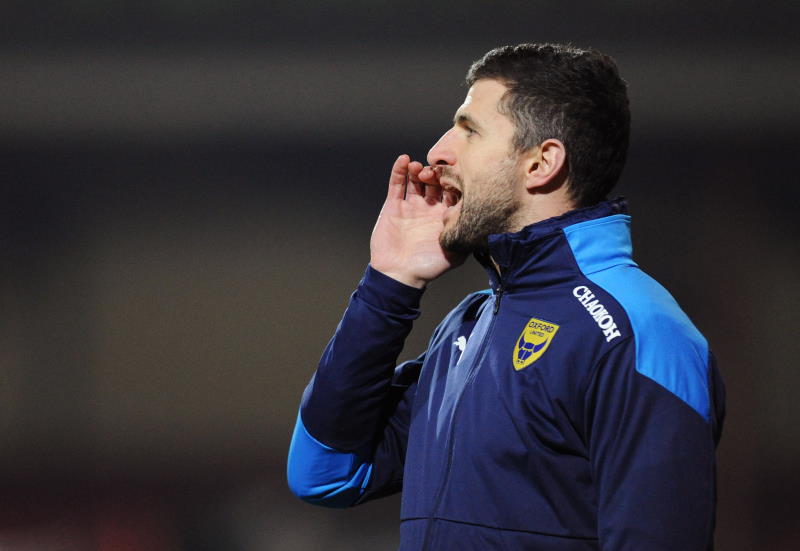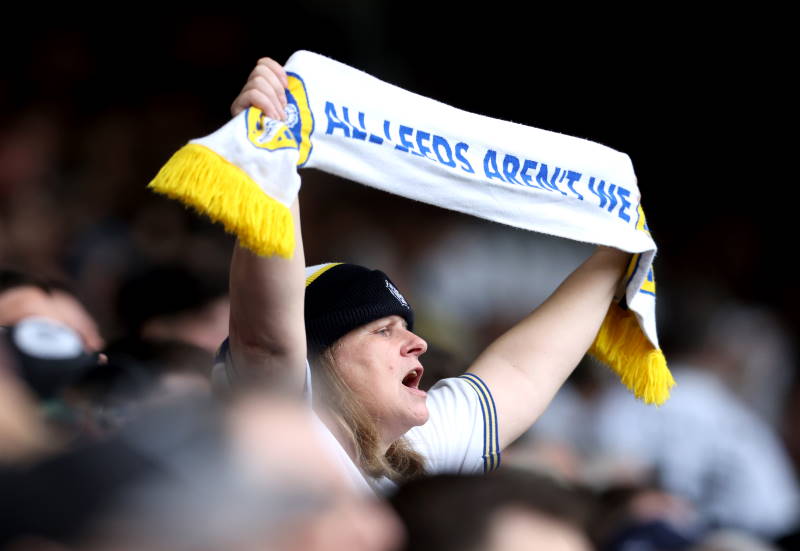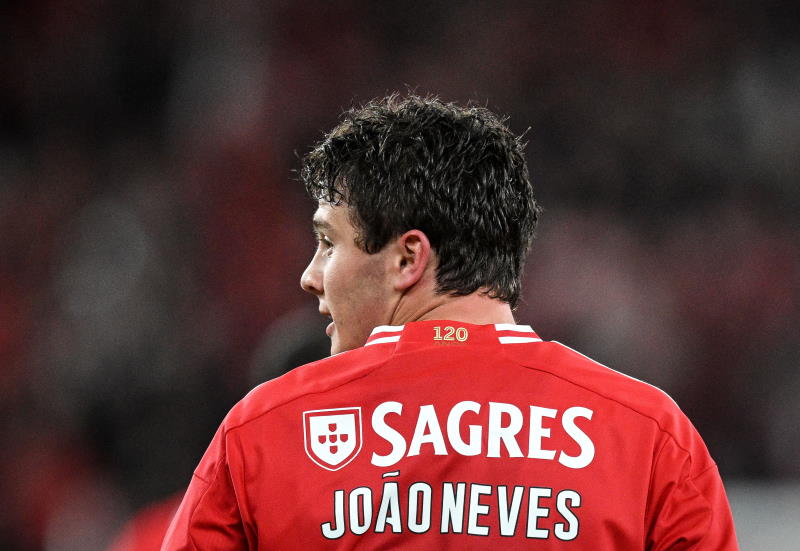
Another Europa League and another holder who impressed when winning the trophy the previous season, bites the dust ignominiously.
Atletico Madrid follow previous winners Shakhtar Donetsk and Zenit. St Petersburg in heading out of the tournament like a damp squib, managing to win only two games in their group, against cellar-dwellers Rosenberg. The Spaniards now have to concentrate on La Liga, where they currently lie sixth – a long way behind leaders Barcelona and Real Madrid.
In last season’s 2009/10 edition, holders Shakhtar Donetsk were again expected to impress, driven forward by the millions of oligarch Rinat Ahmetov. And after qualifying comfortably from the group stage, met the unknown-outside-of-England minnows from west London, Fulham. In the first half at Craven Cottage the crowd and TV audience witnessed a performance of breathtaking brilliance from the Ukrainians, albeit with five Brazilians in their line-up. Even though Shakhtar only took a one goal lead in at half time, the outcome of this tie seemed never in doubt. But the second half was another story, and the Donetsk club just fell apart, conceded two goals and most probably the tie. That comeback gave the Cottagers (an unfortunate nickname that has taken on a different meaning these days) a new-found confidence which took them not only past the Ukrainians in the second leg, but all the way to the final.
In the 2008/09 season, holders Zenit St. Petersburg started the campaign with a bang, beating Champions League holders Manchester United in the traditional Super Cup curtain raiser. Many thought that the Russians would go on to be a serious candidate to take the supreme club competition itself, but they fizzled out completely, finishing a distant third in their group to Juventus and Real Madrid. Glamorous opponents for sure, but nothing more than that as it turned out, both exiting the competition in the very next round, the first knockout stage.
The Russians were then given a crack at the lesser cup which they still held, and once again were tipped to repeat their previous season’s success. But they went out at in the last eight to Italy’s Udinese, who themselves lasted only one more round.
In 2007/08, the previous season’s UEFA Cup winners Sevilla, sailed through the Champions League qualifying round in a manner not wholly unexpected. The Spanish side hammered AEK Athens 6-1 on aggregate. A lot had been expected of the Andalusians ever since they took Middlesborough to the cleaners in the 2006 UEFA Cup final, winning 4-0. When they became the first side to win back to back finals in over 20 years, beating fellow La Liga club Espanyol the following season, many thought it was time Sevilla did something in ‘the big one’. And it looked like this was going to be the year that the well-supported underachievers finally make a splash when they won their group ahead of Arsenal. But the first knockout round saw Sevilla go out on penalties to the unheralded Turks Fenerbahce. As far as European football is concerned, Sevilla are now just a glorious piece of recent UEFA Cup history.
This competition has never really found a true raison d’etre, a reason for its existence. Although when FC Porto won the Champions League in 2004, one year after lifting the UEFA Cup, it seemed to have regained it – as a stepping-stone to Europe’s top tier event. Way back in 1976, Bob Paisley’s first great Liverpool team beat Bruges in a two-legged final, before lifting the European Cup in Rome the following year, winning 3-1 against Borussia Monchengladbach.
But seven subsequent winners since 2003 have all failed to emulate Jose Mourinho’s or Paisley’s achievement, and in fact have done nothing of any note in Europe, full stop.
Looking back through the records to 1958, when the tournament was known as the Inter-Cities Fairs Cup, it seems that Europe’s second tier club competition has never been more than a piece of useful silverware. Even though there are plenty of Champions Cup winning names on the roll of honour, including Barcelona, Real Madrid, Milan, Inter Milan, Juventus, Bayern Munich and Ajax, none of those winning ‘teams’, went on to lift the bigger one.
What it does do however, is put a club’s name on the map. Not many football fans outside of Russia or Ukraine would have become familiar with the names CSKA Moscow, Zenit St. Petersburg or Shakhtar Donetsk six years ago. And suddenly this season the name Lech Poznan no longer draws a blank look outside of Poland.




